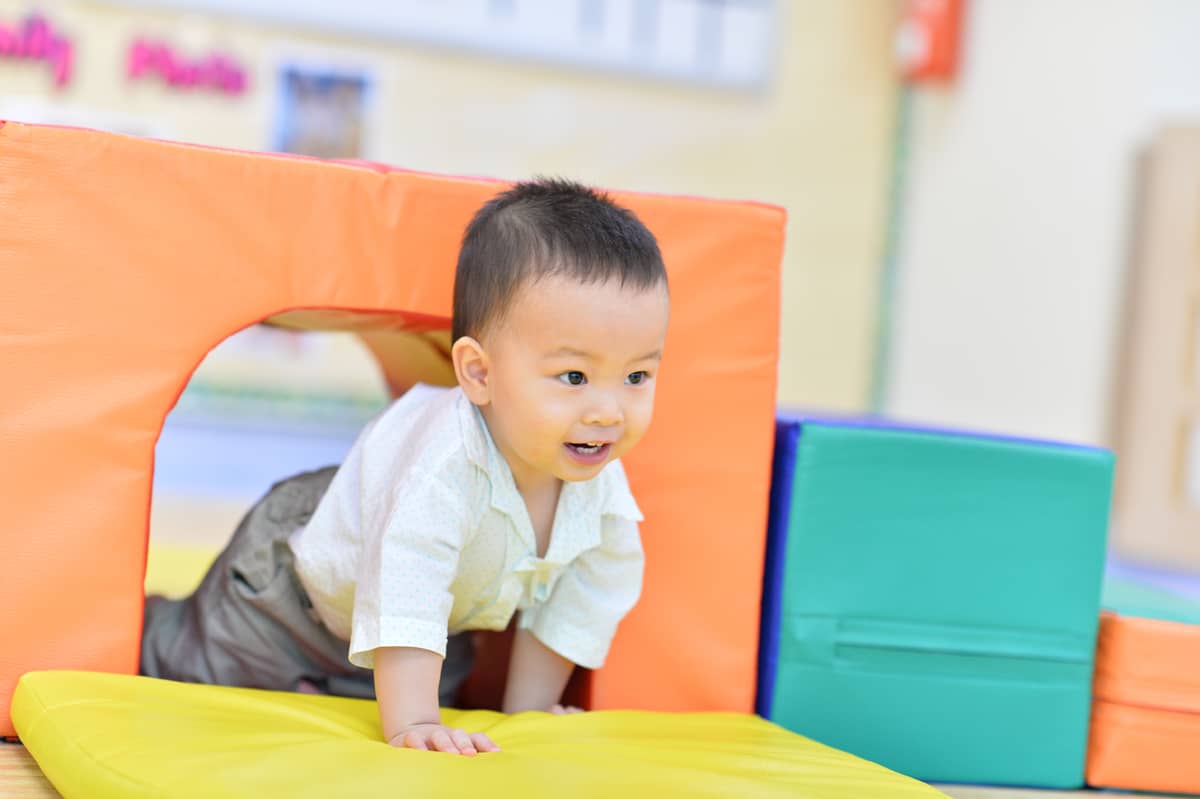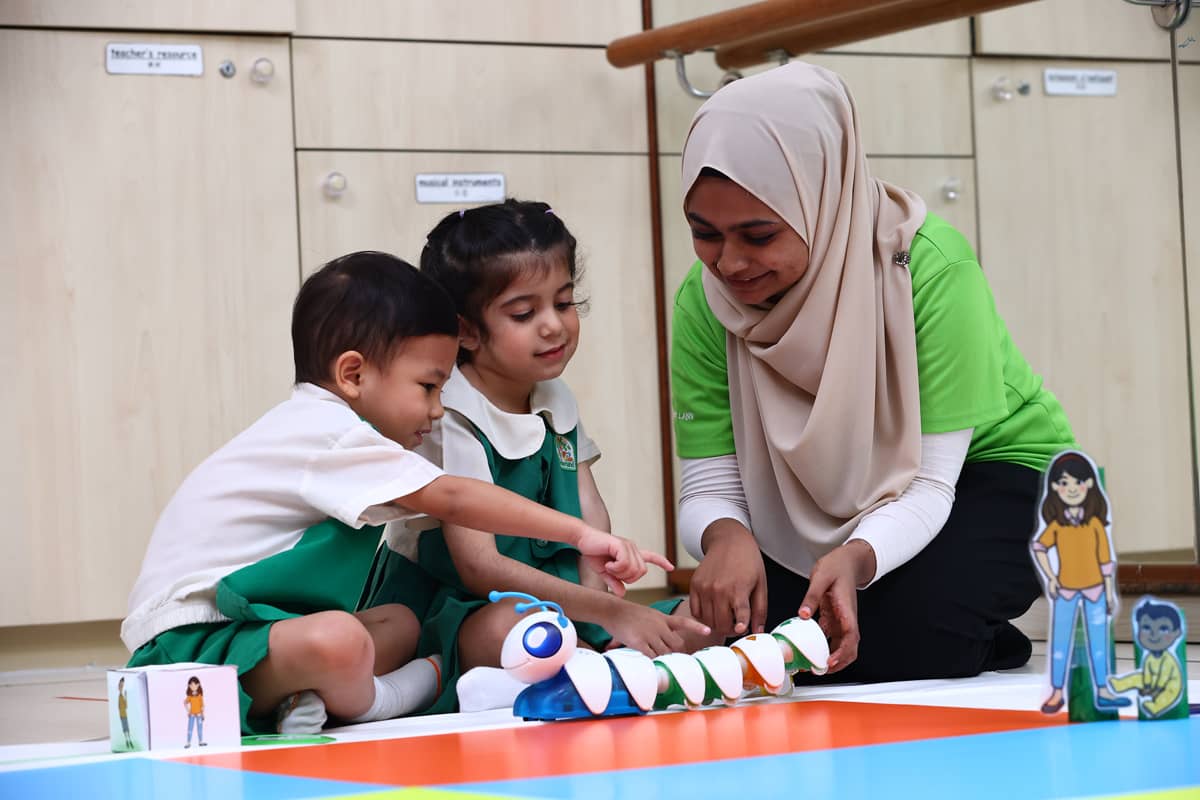In today’s rapidly changing world, it is important to help children build resilience and confidence. Preschoolers and school-age children often encounter numerous challenges, including reluctance to try new things and avoidance of social interactions. As adults in their lives, we play a vital role in nurturing their emotional health and preparing them to manage life’s hurdles.
The Importance of Building Resilience
Resilience is the capacity to recover from difficulties, adapt to changes, and persist through hardships. Children who are resilient are better able to manage stress, overcome setbacks, and maintain a positive attitude. Developing resilience empowers children with the strength and confidence necessary to face life’s challenges directly.

Building confidence in children can begin even at infant stage. Children learn better when they feel supported and encouraged.
Practical Tips for Building Resilience and Confidence
- Encourage a Growth Mindset: Instill in children the belief that their abilities can be developed through effort and persistence. This helps them view challenges as opportunities to learn rather than obstacles. Focus on validating their efforts and perseverance, not just the outcome. For instance, when a child faces difficulty with a puzzle, praise their efforts and motivate persistence. At the same time, encouraging them that each try leads them nearer to success.
- Encourage Exploration: Introduce children to a wide range of activities and experiences to help them identify their strengths and interests. Engaging in a new sport or hobby or exploring nature, these varied experiences can help children uncover their talents and boost their self-esteem.

Fun in the sun: Activities such as nature time can be a life-learning lesson as they explore the wonders of nature.
- Provide Opportunities for Independence: Allow children to make choices and take on age-appropriate responsibilities to foster a sense of autonomy and competence. Simple tasks like putting on their own shoes, choosing their snacks, or watering the plants can boost their confidence.
- Model Resilient Behaviour: Children learn by observing the adults around them. Demonstrate how to handle setbacks and stress calmly and positively. For example, if they make a mistake, do not immediately punish them for it. Instead, calmly correct it and explain to your child that everyone makes mistakes and can learn from them.
- Create a Supportive Environment: Establish a safe and nurturing space where children feel valued and heard, encouraging open communication and emotional expression. For instance, when a child expresses fear about starting something new, listen attentively and offer reassurance and support.

Introducing the children to something new and exciting allows them to explore ways of playing and encourage creative play.
- Teach Problem-Solving Skills: Guide and involve children in the process of identifying problems, thinking of possible solutions, and trying them out. This not only builds their problem-solving skills but also their confidence in handling similar situations in the future. Helping young children build resilience and confidence is a continuous process that requires patience, encouragement, and understanding. By adopting these strategies, preschoolers and school-age children can be equipped with the skills needed to confidently face challenges.
Written by,
Tan Ei Win
Clinical Psychologist
M. Clin Psy (HELP)
MAHPC(CP)00350
Member, Malaysian Society of Clinical Psychology (CP1-0278)
